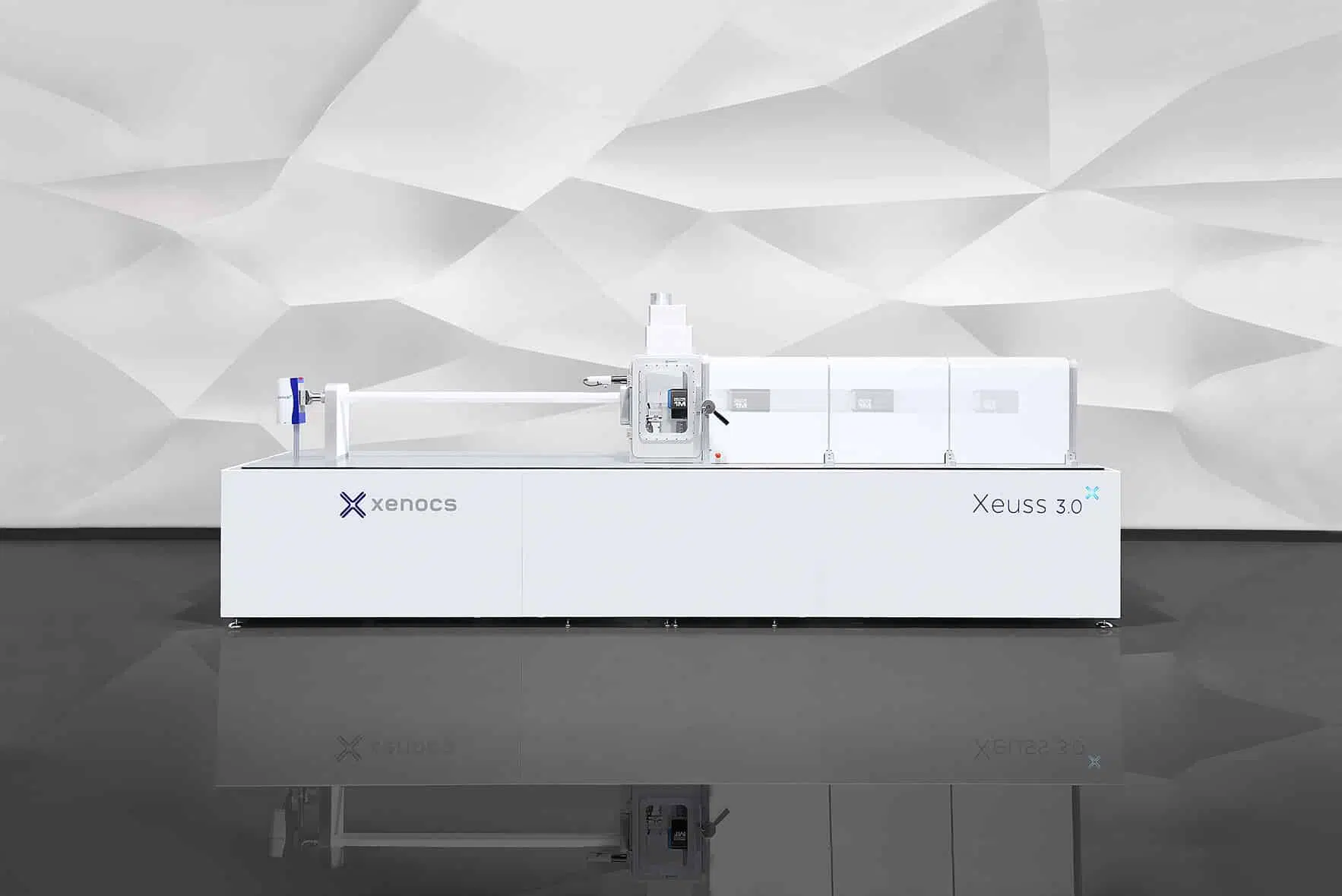Qin, Ran; Yang, Weitao; Li, Shuixing; Lau, Tsz-Ki; Yu, Zhipeng; Liu, Zhang; Shi, Minmin; Lu, Xinhui; Li, Chang-Zhi; Chen, Hongzheng
Enhanced intramolecular charge transfer of unfused electron acceptors for efficient organic solar cells
It is promising, yet challenging, to employ molecules of slight synthetic complexity to construct efficient and low-cost organic solar cells (OSCs). Herein, two unfused acceptors, DF-TCIC and HF-TCIC, were developed for OSC applications, in which the 3,4-difluorothiophene core connected through a cyclopentadithiophene (CPDT) bridge to 1,1-dicyanomethylene-3-indanone derivatives (IC for DF-TCIC…
An inverted planar solar cell with 13% efficiency and a sensitive visible light detector based on orientation regulated 2D perovskites
Lian, Xiaomei; Chen, Jiehuan; Fu, Ruilin; Lau, Tsz-Ki; Zhang, Yingzhu; Wu, Gang; Lu, Xinhui; Fang, Yanjun; Yang, Deren; Chen, Hongzheng
Improving the film quality is of great importance in promoting the power conversion efficiency (PCE) of 2D perovskite-based solar cells (PVSCs), but the solution to this issue is limited. In this work, a strategy of combining the advantages of the ammonium thiocyanate (NH4SCN) additive and merged annealing (MA) process was…
Reactive oxygen species (ROS)-responsive nanomedicine for RNAi-based cancer therapy
Li, Yang; Bai, Hongzhen; Wang, Hebin; Shen, Youqing; Tang, Guping; Ping, Yuan
Although much effort has been dedicated to the development of efficient siRNA delivery for cancer therapy, delivery nanomaterials that can particularly respond to reactive oxygen species (ROS), which are overproduced in the tissue and mitochondria of cancer cells, are still rare for the clinical translation of RNA interference (RNAi)-based therapy.…
High-Efficiency Construction of CO2-Based Healable Thermoplastic Elastomers via a Tandem Synthetic Strategy
Yang, Guan-Wen; Wu, Guang-Peng
The alternating copolymerization of CO2/epoxides to polycarbonates (CO2–PCs) has been an area of research focus because of the growing concern about energy and the environment. Regardless of the enormous progress that has been made, the lack of functionalities and inert chemical structure of CO2-based polycarbonates greatly limit the scope of…
Epsilon-Fe2O3 Nanocrystals inside Mesoporous Silicas with Tailored Morphologies of Rod, Platelet and Donut
Li, Jheng-Guang; Fornasieri, Giulia; Bleuzen, Anne; Gich, Martí; Impéror‐Clerc, Marianne
The ϵ-Fe2O3 polymorph of iron oxide, which has outstanding physical properties, is successfully stabilized inside mesoporous silica particles with tailored shapes. Using mesoporous silica particles with three different morphologies of rod, platelet and donut, we obtain ϵ-Fe2O3/mesoporous silica nanocomposites. Iron oxide is loaded inside the porosity using a two steps…
Redox-Activatable ATP-Depleting Micelles with Dual Modulation Characteristics for Multidrug-Resistant Cancer Therapy
Wang, Hebin; Li, Yang; Zhang, Miaozun; Wu, Di; Shen, Youqing; Tang, Guping; Ping, Yuan
A fast adenosine triphosphate (ATP)-depleting micellar system that is activated by intracellular redox for the codelivery of anticancer drug paclitaxel (PTX) and small interference RNA (siRNA) targeting polo-like kinase1 (PLK1) is developed to address the key challenges of multidrug-resistant (MDR) cancer therapy. The ATP-depleting micelle is self-assembled from a redox-responsive…
A vesicle-aggregation-assembly approach to highly ordered mesoporous γ-alumina microspheres with shifted double-diamond networks
Liu, Yang; Teng, Wei; Chen, Gang; Zhao, Zaiwang; Zhang, Wei; Kong, Biao; N. Hozzein, Wael; Abdulkareem Al-Khalaf, Areej; Deng, Yonghui; Zhao, Dongyuan
Alumina materials have widely been used in industrial fields, such as catalysis and adsorption. However, due to the fast sol–gel process and complicated crystalline-phase transformation, the synthesis of alumina materials with both highly ordered mesostructures and crystallized frameworks remains a great challenge. Herein, we report a novel vesicle-aggregation-assembly strategy to…
Sticky ends in a self-assembling ABA triblock copolymer: the role of ureas in stimuli-responsive hydrogels
T. Shafranek, Ryan; D. Leger, Joel; Zhang, Song; Khalil, Munira; Gu, Xiaodan; Nelson, Alshakim
Directing polymer self-assembly through noncovalent interactions is a powerful way to control the structure and function of nanoengineered materials. Dynamic hydrogen bonds are particularly useful for materials with structures that change over time or in response to specific stimuli. In the present work, we use the supramolecular association of urea…
Unique Isodimorphism of Poly(decamethylene succinate-ran-decamethylene fumarate): Large Pseudoeutectic Region and Fantastic Crystallization/Melting Behavior
Ye, Hai-Mu; Wang, Jing; Wang, Cai-Shui; Li, Hong-Fang
Poly(decamethylene succinate-ran-decamethylene fumarate)s (PDSFs) were synthesized, and their structure and crystallization behavior were systematically studied. All polyesters possess high crystallizability irrespective of composition and display the widest pseudoeutectic region that has been reported to date. Nevertheless, both melting point– and crystallization temperature–composition…
High Performance Thermoplastic Elastomers with Biomass Lignin as Plastic Phase
Huang, Jinhao; Liu, Weifeng; Qiu, Xueqing
For the first time, the coordination-based energy sacrificial bonds have been constructed in the interface between lignin and polyolefin elastomer for preparing a new class of high performance thermoplastic elastomers (TPEs) with biomass lignin as the hard plastic phase. The coordination bonds not only promoted the dispersion of lignin, but…


































